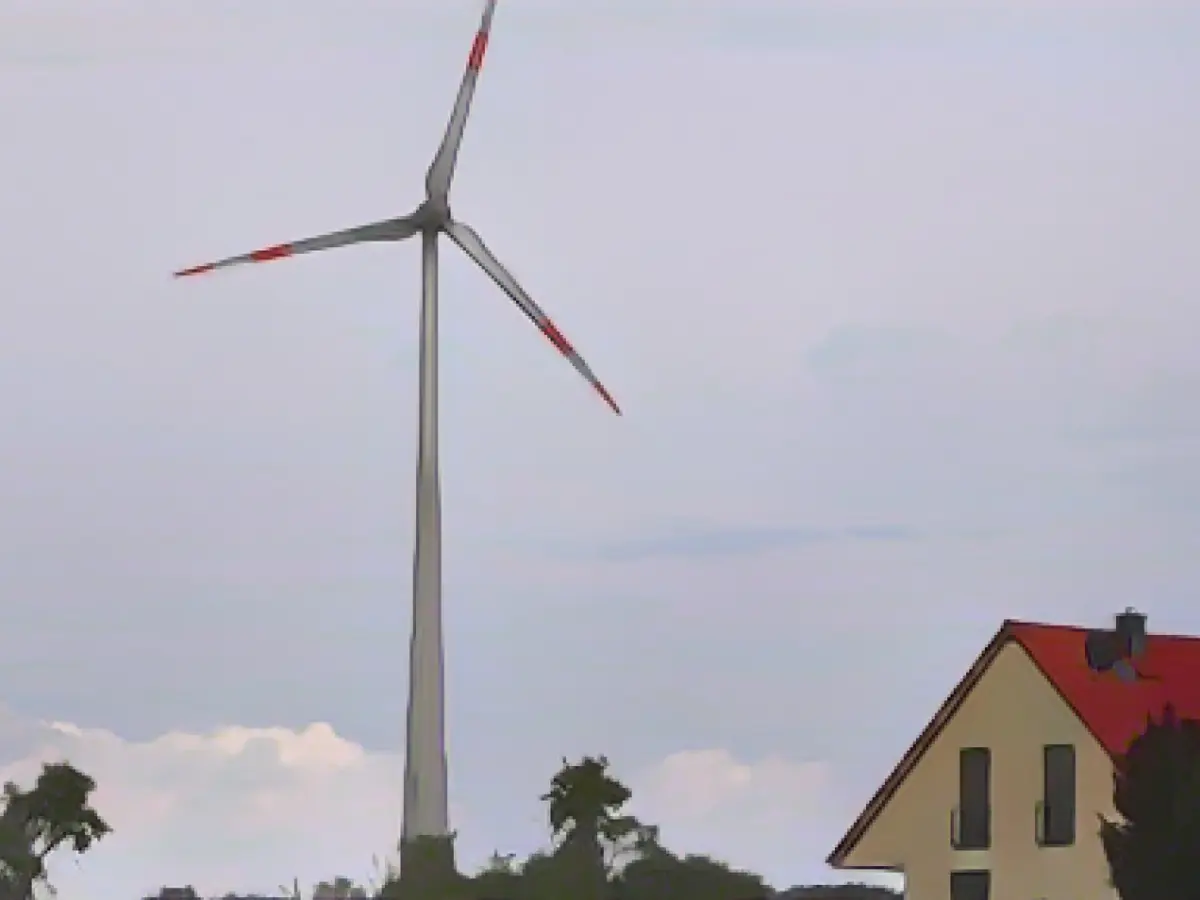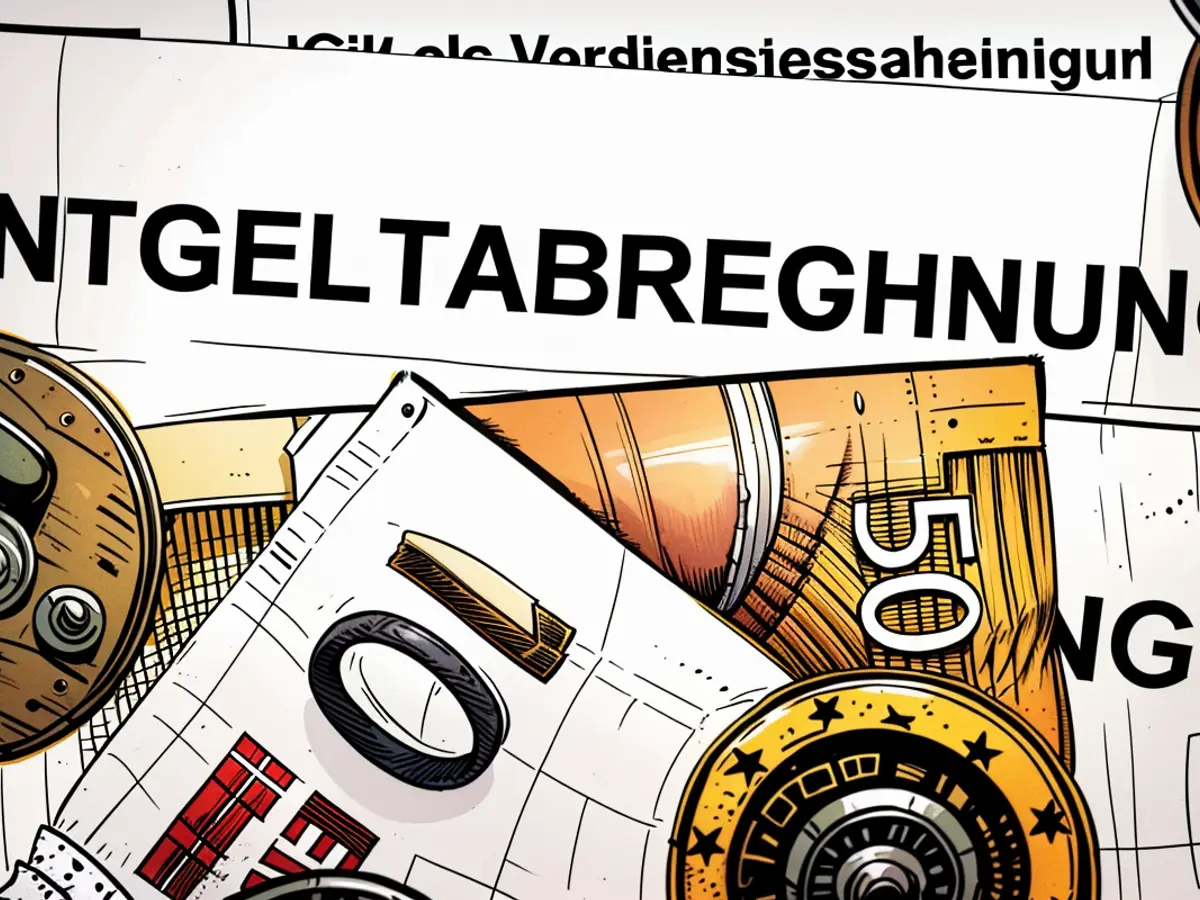Study - 10H rule continues to slow down Bavaria's wind power potential
Even after its relaxation, the 10H distance rule continues to massively impede the expansion of wind power in Bavaria, according to a study. According to the study, the current regulation would ideally allow a doubling of installed capacity from the current 2.6 gigawatts to 5.2 gigawatts in the event of further expansion. However, even minimal changes to the distance requirement could even increase the possible output sixfold. The analysis was carried out by the Munich-based Initiative Klimaneutrales Deutschland (IKND) and the British think tank Ember.
Specifically, the analysis calculates a potential output of more than 15 gigawatts if the minimum distance between wind turbines and residential areas is reduced to 800 meters. Bavaria could thus reduce its current annual gas consumption by 28 terawatt hours (27 percent). Based on the gas prices expected for 2024, this would mean annual savings of 1.3 billion euros. If gas prices were to rise again to the level of 2022, this would even result in annual savings of 3.4 billion euros.
"With a slight adjustment to the existing framework conditions for wind power plants, Bavaria could significantly increase its electricity generation from renewable energies and thus reduce its current dependence on fossil gas imports," said Sarah Brown, Europe Program Lead, from Ember. Bavaria should seize this opportunity, not only to reduce costs for consumers, but also to strengthen its energy sovereignty.
"No other federal state is as well placed as Bavaria to become climate-neutral before the federal government: a lot of potential for renewable energies, a strong administration and economic power. In order for Bavaria to remain a strong business location, it needs a sustainable, clean energy supply," said Carolin Friedemann, Managing Director and founder of IKND.
The state government has set itself the goal of becoming climate-neutral by 2040. "However, it is clear that the Bavarian renewable energy target cannot be achieved with solar power alone. The solution is a significant but clearly achievable expansion of wind energy," the evaluation states.
Even after the 10H amendment, the expansion of wind power is still only making very slow progress - both in terms of new construction and new approvals. In the coalition agreement, the CSU and Free Voters had agreed on 1000 new wind turbines by 2030.
The study analyzes the consequences of the current 10H rule for expansion. In selected areas of Bavaria, the required distance between wind turbines and residential buildings was reduced to 1000 meters in an amendment in November 2022. However, as modern wind turbines can be up to 200 meters high, they would have to be two kilometers away outside of priority areas.
Read also:
- A clan member is punished here
- Traffic lawyer warns: Don't talk to the police!
- Will he be convicted as Jutta's murderer after 37 years?
- He also wanted to kill his cousin
Source: www.stern.de





